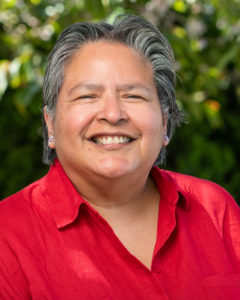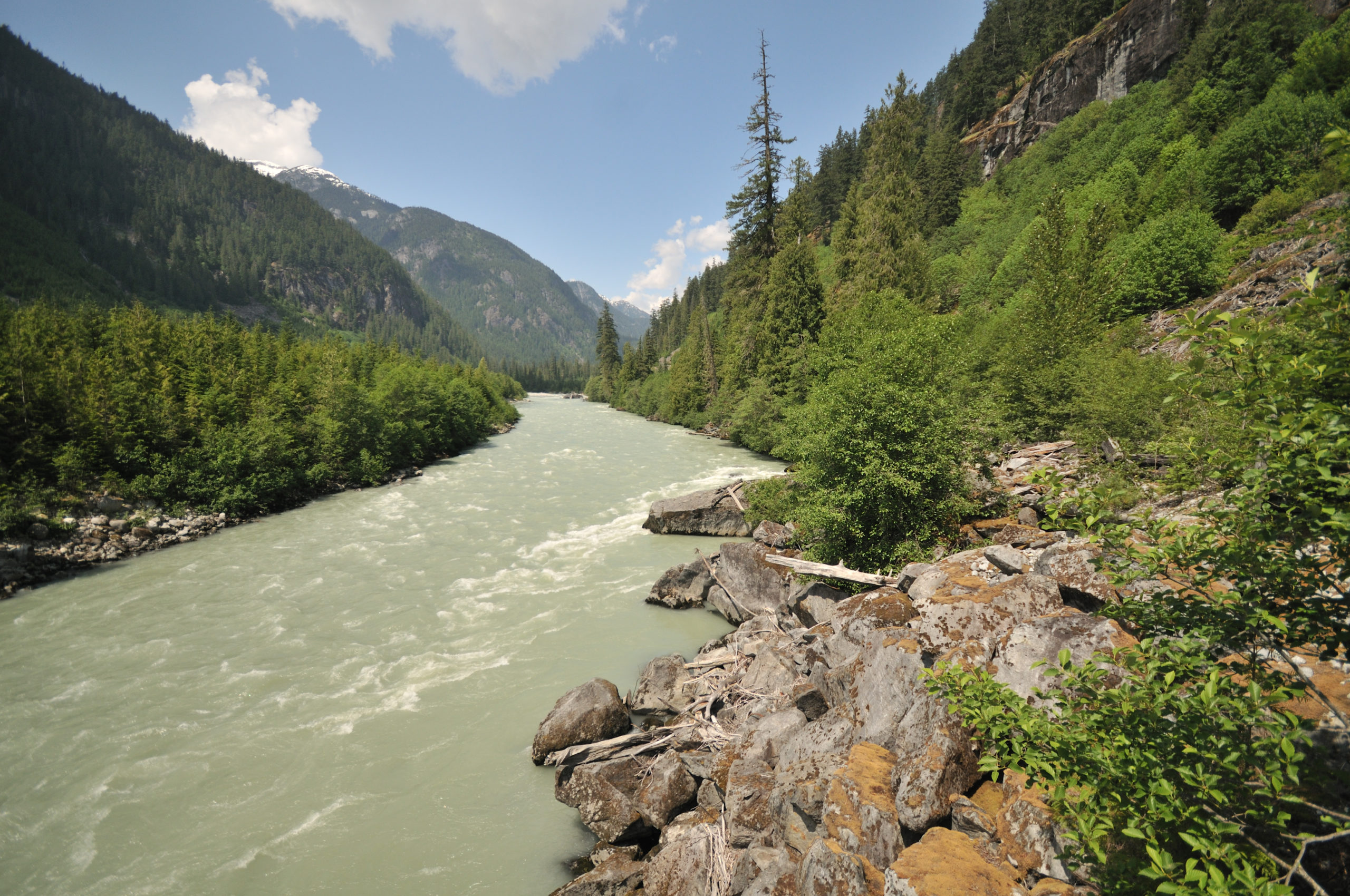When the federal Cannabis Act was passed in 2018, Canada left it to the provinces to decide how they wished to work with First Nations on how to license cannabis production and retail. Many First Nations have taken issue with the overall lack of consultation regarding the development of Canada’s cannabis framework.
Each province has Cannabis enacted legislation. In British Columbia, section 119 of the Cannabis Control and Licensing Act, is a mechanism that may support First Nations autonomy in establishing cannabis retail stores and undertaking cannabis cultivation.
Section 119 – What and Why?
Section 119 of the Cannabis Control and Licensing Act creates the ability for First Nations and the Government to enter agreements called “Section 119 Agreements”. A Section 119 Agreement is an agreement between a First Nation, the British Columbia Government and the Federal Government. These agreements enable a business relationship with a First Nation that supports the communities to meet their distinct needs when looking to enter into the cannabis sector, whether if it is relating to retail, cultivation, or production.
These agreements provide flexibility in relation to the current cannabis regulation and legislation by allowing for a variety of corporate structures that are unique to First Nations.
Benefits to a Section 119 Agreement
When negotiating a section 119 agreement, First Nations can negotiate an exception to a rule in the Cannabis Control and Licensing Act known as the “tied house rule”. The tied house rule does not allow a licensed retailer to stock more than 20% of their own product from a single supplier. However, within a section 119 agreement, First Nations can operate a “farm to gate” operation, where they can bypass the tied house rule and stock their shelves with up to 50% of their own products, if a First Nation decides to cultivate their own cannabis products.
Further, First Nations entering into a section 119 agreement can bypass shipping their products to a government operated distribution site in order to stock their own retail stores if they want to cultivate their own cannabis products in order to facilitate a true “farm to gate” operation.
Another benefit to section 119 agreements is the ability for a First Nation to operate multiple different retail locations throughout the province of British Columbia, and these stores can be located both on and off reserve. This allows First Nations to work collaboratively with other First Nations or local governments, and to further the interests of members who want to get involved in the cannabis sector.
Land Codes and Section 119 Agreements
An useful step for Nations who are considering entering into a section 119 agreement is enacting a Land Code pursuant to the First Nations Land Management Act. This step is significant for First Nations participation within the cannabis sector because once a First Nation enacts a Land Code, the First Nation gains the ability to lease or grant rights or interests in its lands directly to third parties rather than needing to work through the Federal Government. When a First Nation enacts a Land Code, it changes the legal status of the First Nation by deeming the Nation a legal ‘person’ as per section 18(2) of the First Nation Land Management Act.
Ultimately, establishing a Land Code allows First Nations to take an active role in the leasing and use of their reserve lands and allows them additional powers that may be used to make laws to govern cannabis licensing .
If you are looking to get involved in Cannabis regulation, section 119 Agreements, or wanting to get involved in economic development projects for your community, we would be happy to assist. Nothing in this blog post is intended or should be taken as legal advice.
Collaborative Authors:

Verukah Poirier, Student at JFK Law LLP

Sara Mainville, Partner at JFK Law LLP



